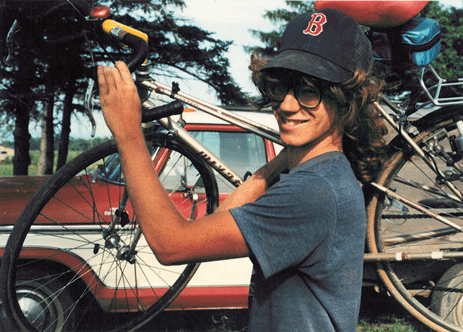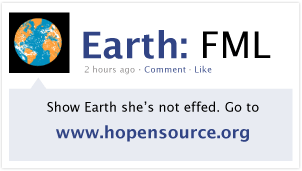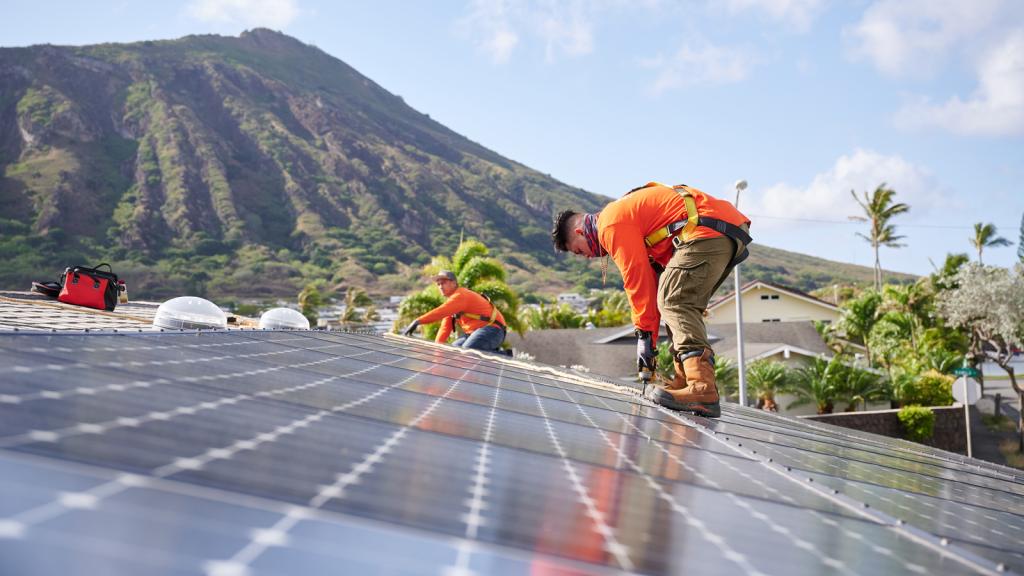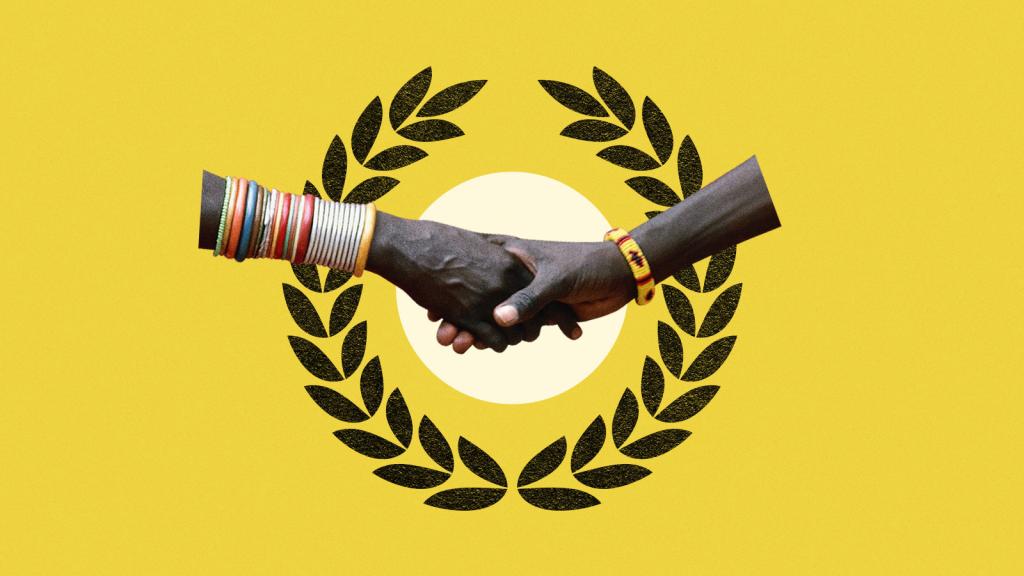Every year as Earth Day approaches, there’s a moment when we here at Grist stare at each other around a conference table and say, “What the hell are we going to do this time?”
I imagine it’s the same way the window dressers at Macy’s feel when the winter holidays are approaching. How do you make an annual event feel fresh, exciting, and fun?
One obvious solution, of course, is profanity. Last year, our “Screw Earth Day” campaign was a wildly successful reminder that eco-awareness shouldn’t be limited to one day; this week, we’re launching the similarly sailor-worthy “Earth: FML.”
But those are just — well, window dressing. What’s really going on at Grist is a deeper shift toward a different kind of reporting, toward a new sense of promise about this planet, its people, and its prospects.
You see, even though there are plenty of reasons for despair these days — climate change is wreaking havoc, climate skeptics are wreaking even more havoc, and federal politicians are dragging their feet on passing meaningful legislation that would put this country on a more sustainable path — we’re also seeing plenty of reasons to get up in the morning. All across the country, communities are taking things into their own hands, finding ways to build a cleaner, healthier, smarter world.
Much of this work is taking place in cities, which cough up an estimated 70 percent of our greenhouse-gas emissions. That makes them climate bad guys, but it also means they have enormous potential to ameliorate the mess we’re in. With a world population that’s increasing, and increasingly urban, cities will make or break our success as a species. By 2050, two-thirds of the world’s 9 billion people are expected to be living in urban areas. If humanity is to guide itself into a sustainable relationship with the planet, that’s the place to do it.
The good news is, it’s happening. And not just in Portland and Seattle and Berkeley and Boston. It’s happening in Detroit, in Kansas City, in Milwaukee, in Louisville. People are banding together to bring solar power to their neighborhoods, and creating programs that provide fresh, organic food to inner-city families, and devising transportation policies that leave cars in the rearview mirror. This year, Grist will focus on the very real progress taking shape all around the country. We’ll connect the people who are making it happen, and accelerate this movement.
And what better time to kick off this work than Earth Day? This week, we’re publishing a list of forty people who are out to save our asses, people who might not call themselves environmentalists, but who are working hard to create a more sustainable world. We’re also launching Hopensource.org, a Twitter-fed site where we invite you and everyone you know to submit tangible signs of progress. We’re ramping up our coverage of urban agriculture, energy, transportation, design, and green jobs. (Yes, they’re real!)
We’re launching this effort because incredible work is happening right here, right now, all around us. Sustainability is not some misty notion of a down-the-road utopia. Quite the contrary: a greener world is taking shape right before our eyes. It’s good for the economy, it’s good for your family’s health, and yes, it happens to be good for the planet.
Grist is going to document this transformation, shining our beacon in the smog on the path to a truly sustainable society and giving our readers the tools to become a part of the action. We hope you’ll join the conversation. Tell us what you’re doing, what you’re seeing, and how your community is becoming a more sustainable place to live, on Earth Day and every day.
Just try not to swear too much, OK? That’s our job.



